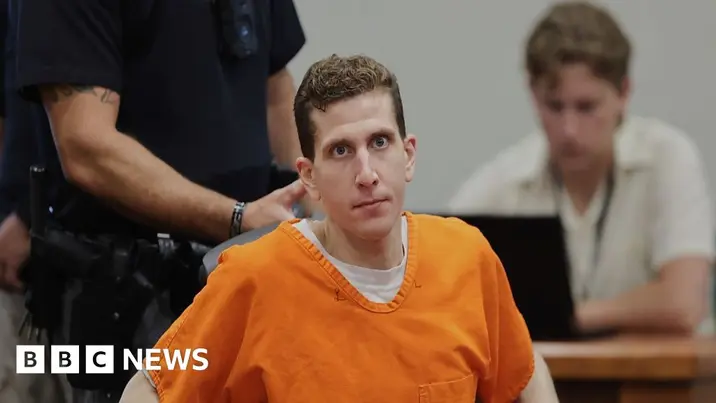T4K3.news
New details in Emilie Kiser case
New police findings reveal how Trigg Kiser's pool accident unfolded, with a privacy ruling on records following the case.

New facts emerge about a pool accident that killed Trigg Kiser and the related privacy ruling over public records.
Police release new details in Emilie Kiser's son's death
In Chandler, Arizona, three-year-old Trigg Kiser fell into an unsecured pool on May 12 while his father Brady cared for him and their newborn. Emergency crews performed CPR, and the boy was transported to Phoenix Children’s Hospital, where he died six days later. Investigators noted that Trigg did not enter the water intentionally but tripped while playing with an inflatable chair. Brady said he lost sight of his son for three to five minutes, but CCTV footage later suggested a longer period of unsupervised time.
Separately, Emilie Kiser and Brady Kiser won a legal battle to redact two pages from a Chandler Police Department report as part of a fight over public records. The Maricopa County Superior Court ruled that redactions are allowed to protect privacy and preserve the family’s dignity, stating the redacted material does not affect key facts and would satisfy morbid curiosity if disclosed. The case underscores the tension between open records and protecting the memory of a child in a tragedy.
Key Takeaways
"The transcript on the disputed sections are not necessary for public accountability."
Court ruling by Judge Christopher Whitten, August 8
"Its disclosure would serve no purpose other than satisfying morbid curiosity."
Judge Whitten referencing the redactions in the ruling
"These redactions do not alter any material facts of the accident."
Judge Whitten explaining redactions do not change facts
"But they protect the dignity of a little boy whose memory should reflect the love and light he brought to the world."
Attorney statement discussed in coverage
The case sits at the crossroads of public interest and family privacy in the digital age. While the Kisers have built a public profile, this episode shows that some details deserve protection to spare a grieving family from sensational scrutiny. The police report and CCTV discrepancies also highlight how quickly narratives can evolve when new evidence emerges, challenging what the public heard first. The court ruling signals a cautious stance toward transparency, reminding institutions that dignity can coexist with accountability.
Beyond the specifics, the incident raises questions about pool safety and parental supervision in private spaces that become public stages when a child dies. It also illustrates how public records requests can become a pressure point, potentially fueling backlash while aiming to inform. As communities debate these balance points, the core issue remains clear: truth matters, but so does respect for those who endure loss.
Highlights
- Privacy deserves dignity even in a public tragedy
- Public records should inform not exploit
- The transcript on the disputed sections are not necessary for public accountability
- What courts seal today may haunt families tomorrow
Privacy and public records risk in a child death case
The coverage highlights the clash between public accountability and family privacy after a child’s death. While transparency is important, legal protections can shield sensitive details and spare a family further harm, potentially fueling public backlash or debate over information access.
The aftermath will test how media, courts, and communities navigate the line between openness and compassion.
Enjoyed this? Let your friends know!
Related News

New details emerge in Trigg Kiser drowning

Justice Department faces scrutiny over Epstein case files

Bitcoin kidnapping case in New York reveals shocking torture

LSU suspends JT Lindsey amid new details

Maga supporters express anger at Trump over Epstein

Bryan Kohberger sentenced to life for Idaho murders

Trump requests release of Epstein grand jury transcripts

New documentary addresses Jodi Huisentruit's disappearance
